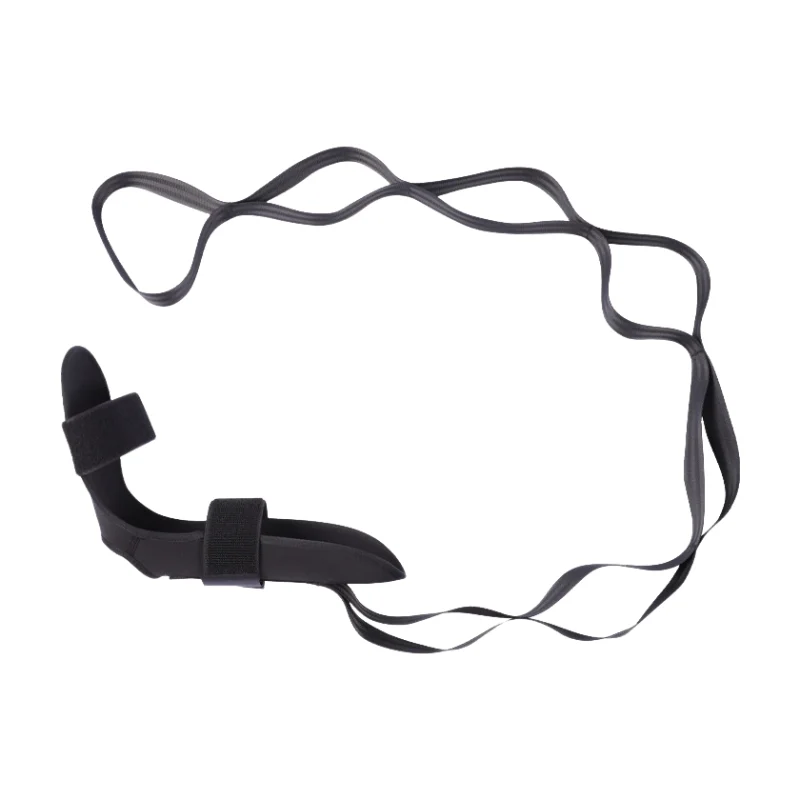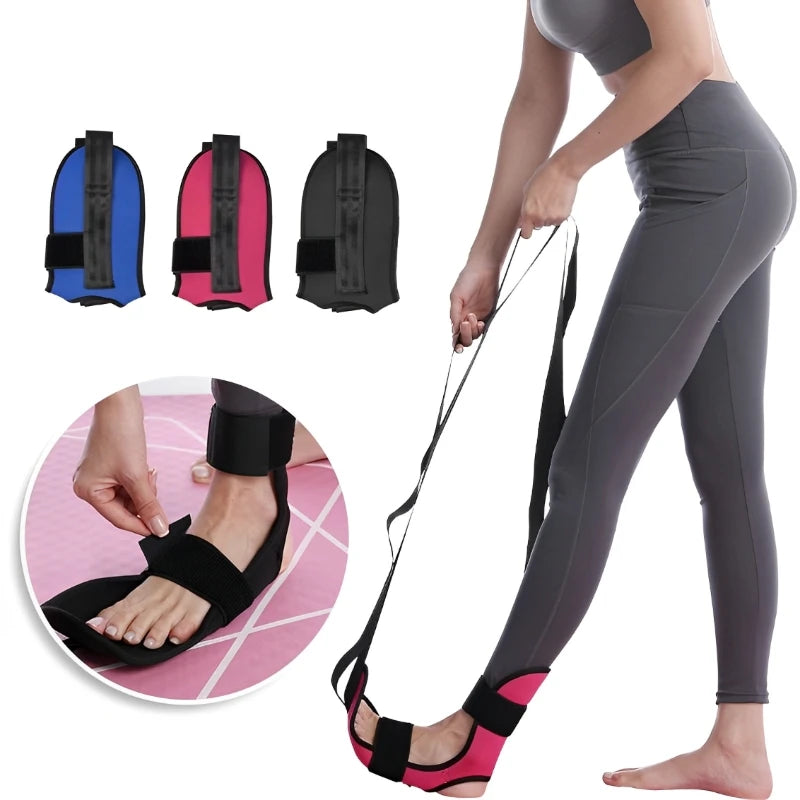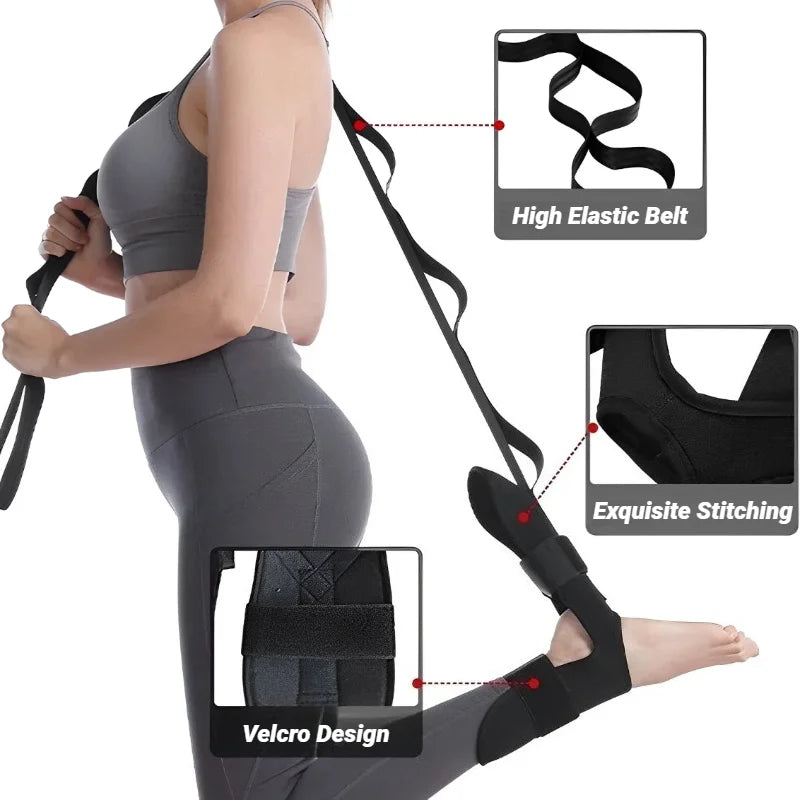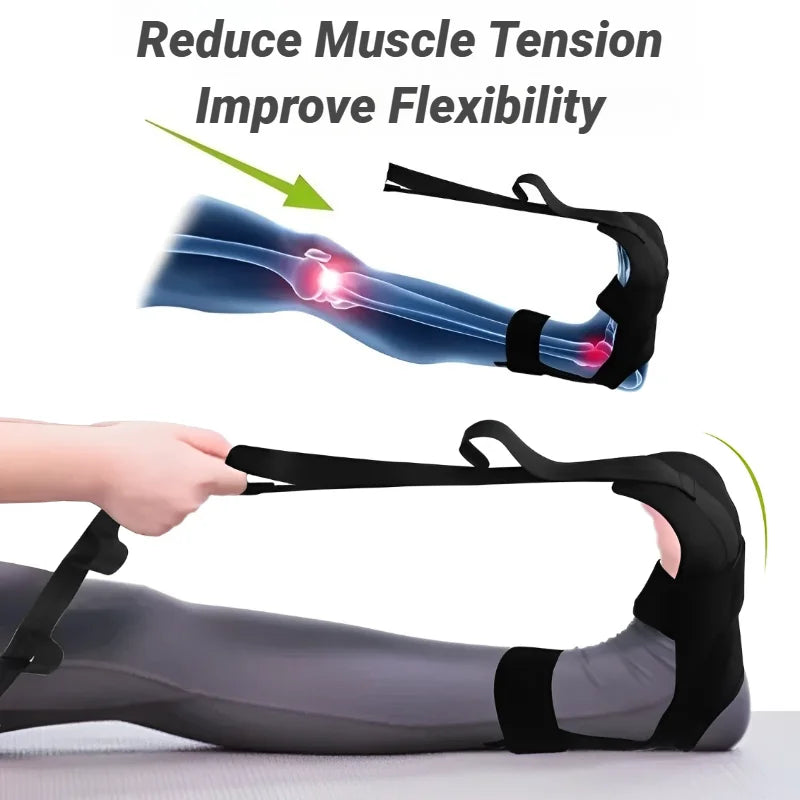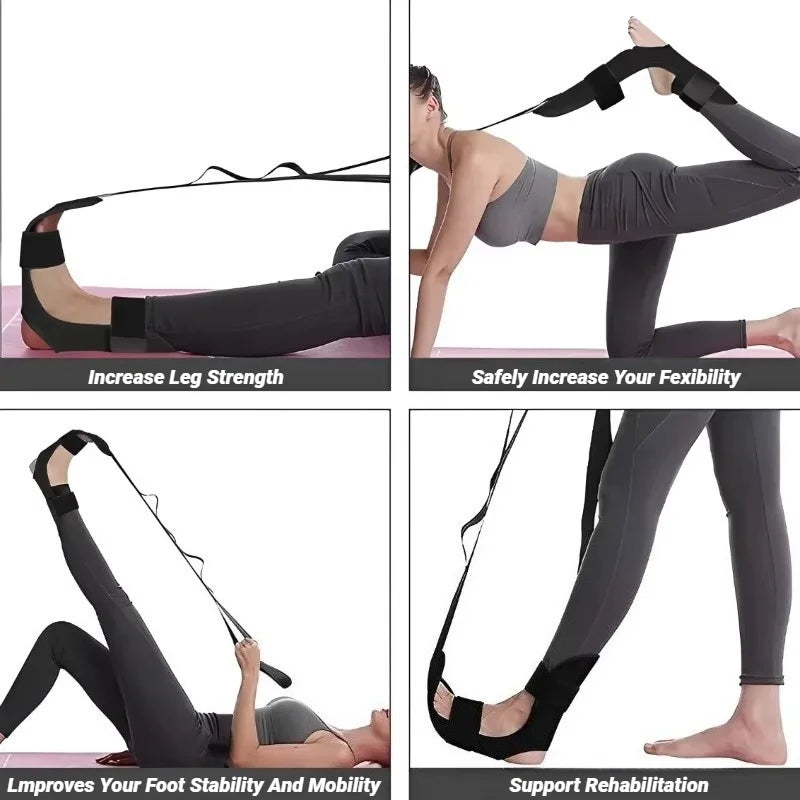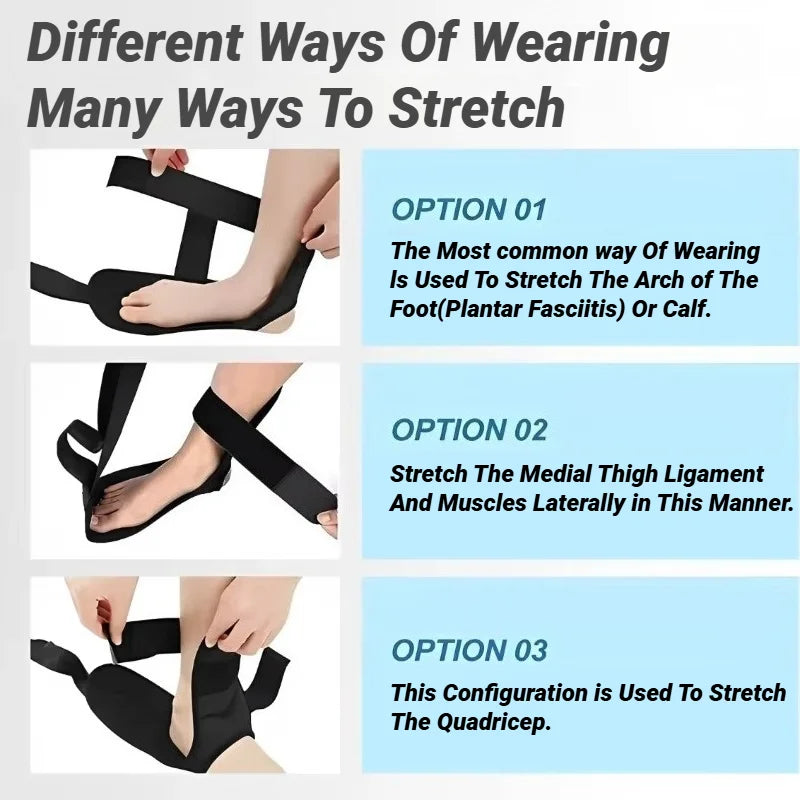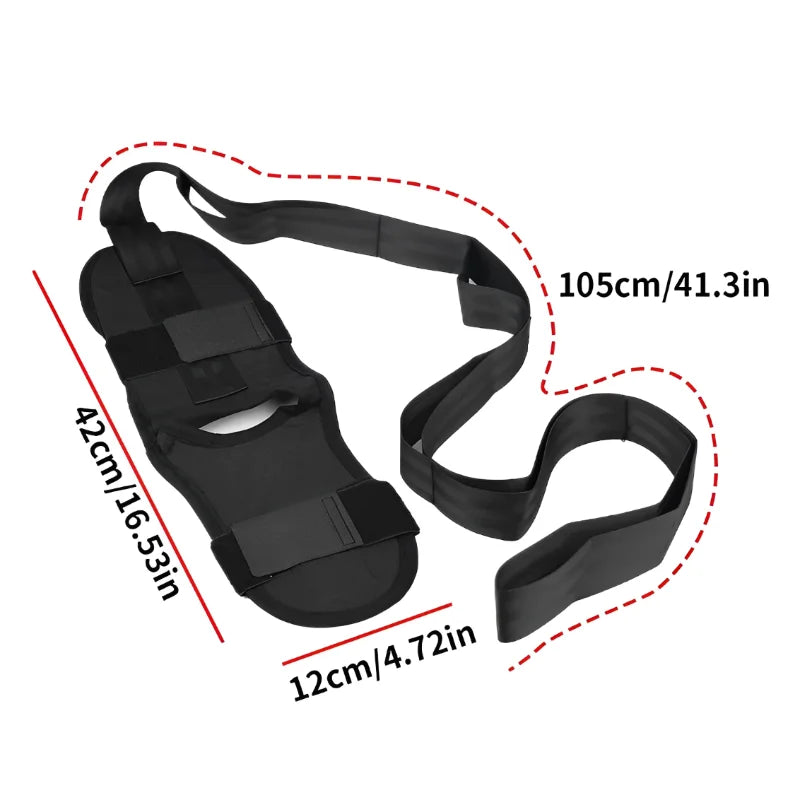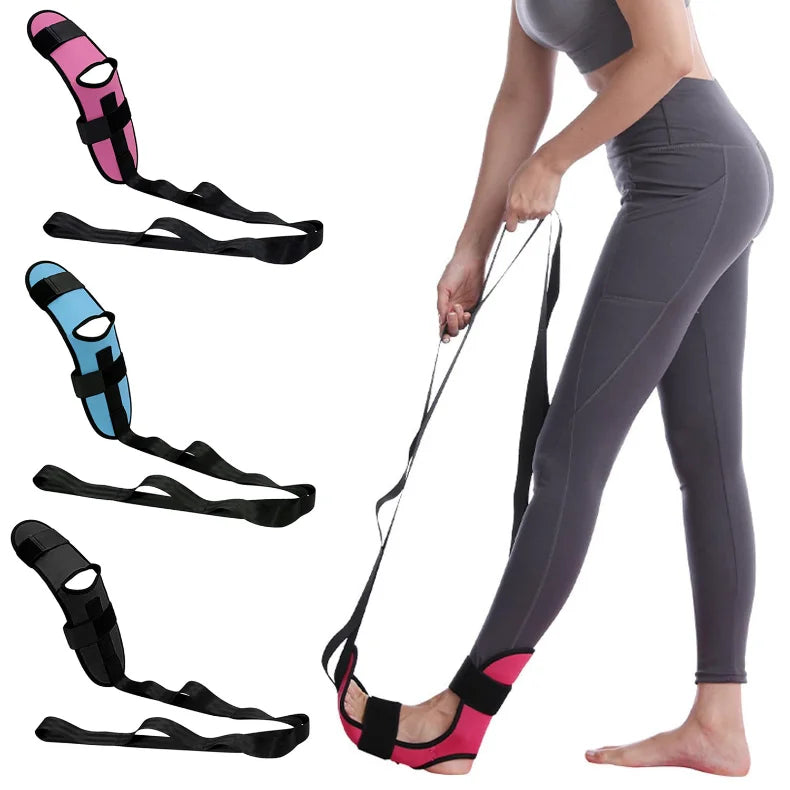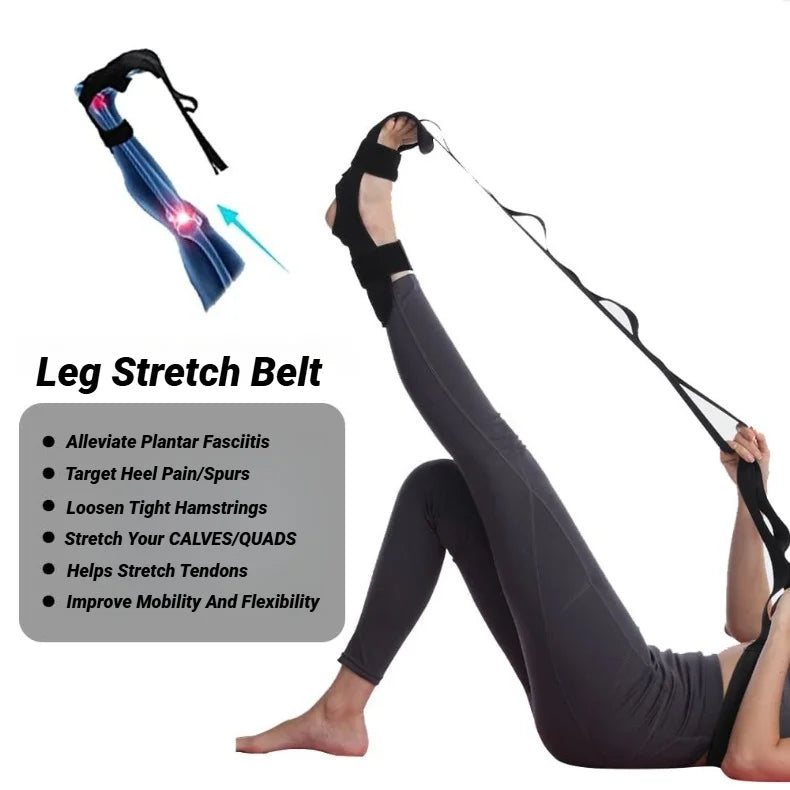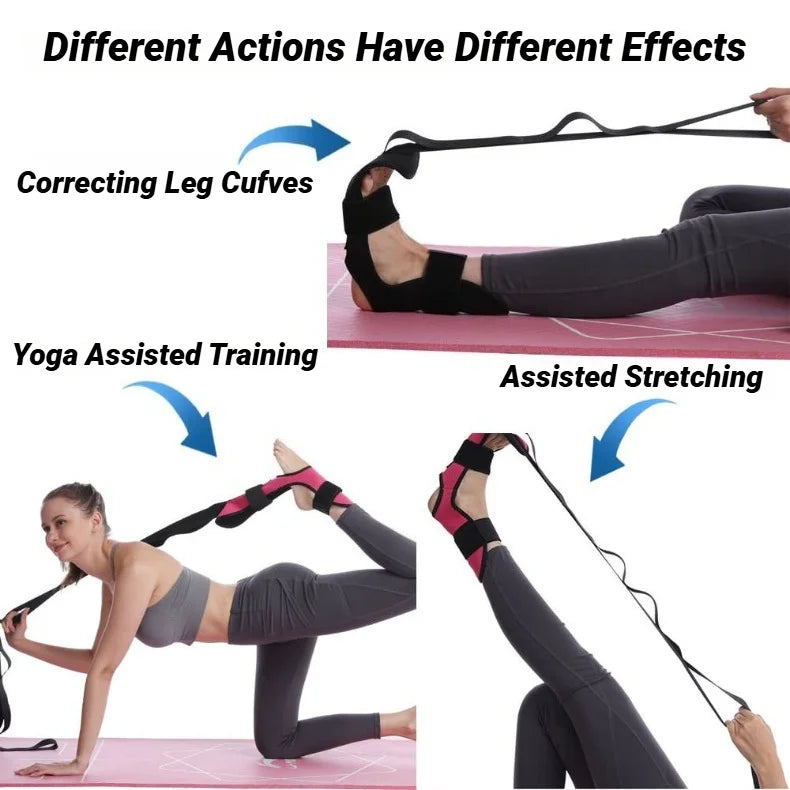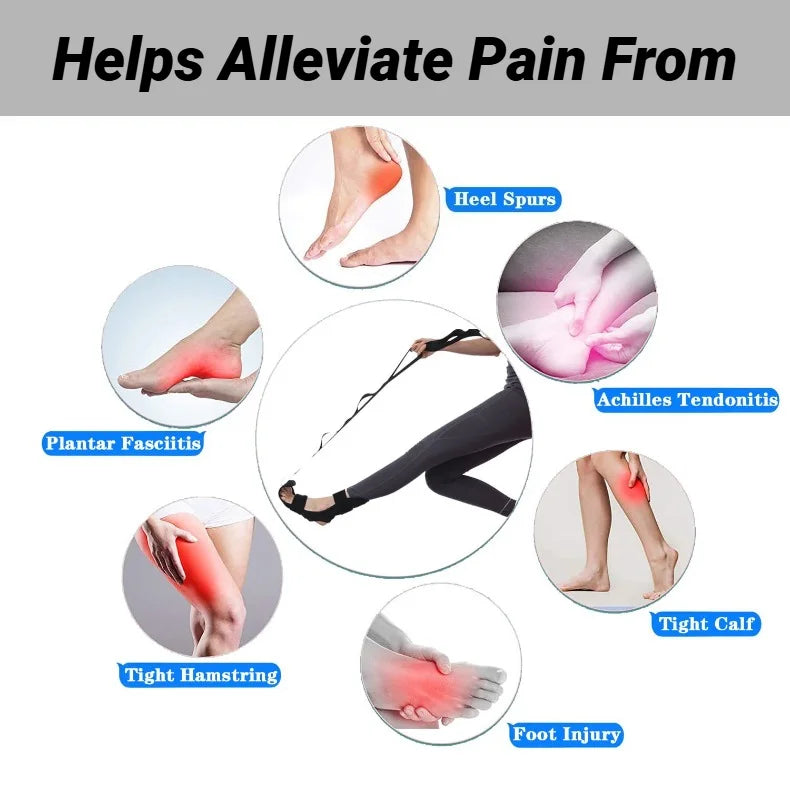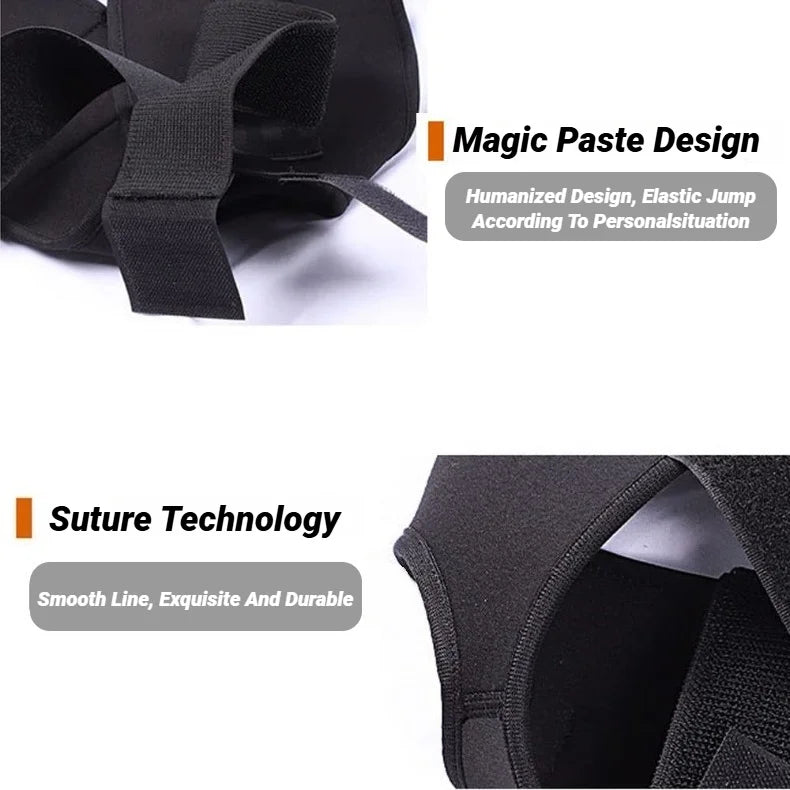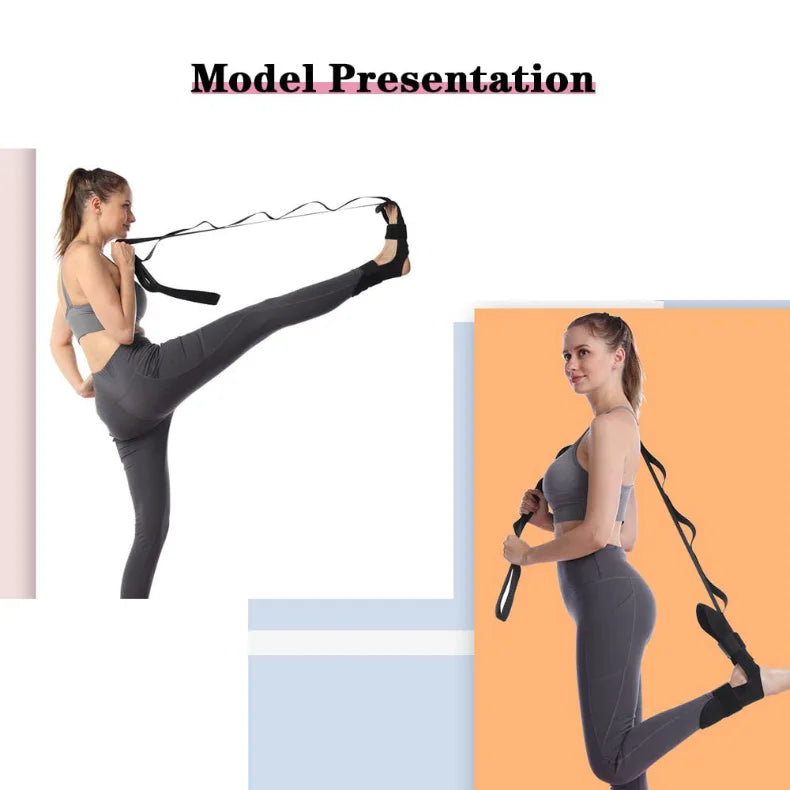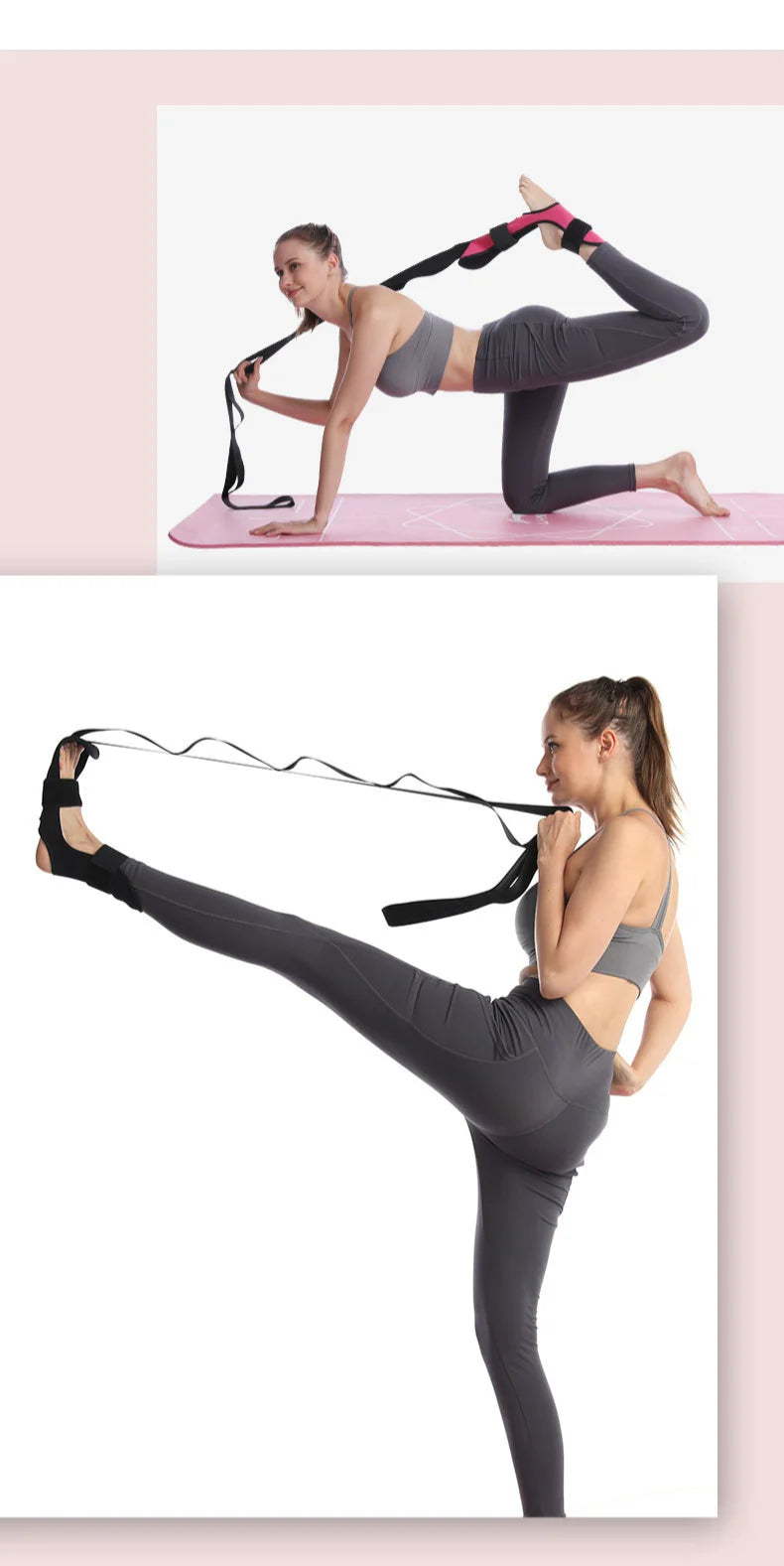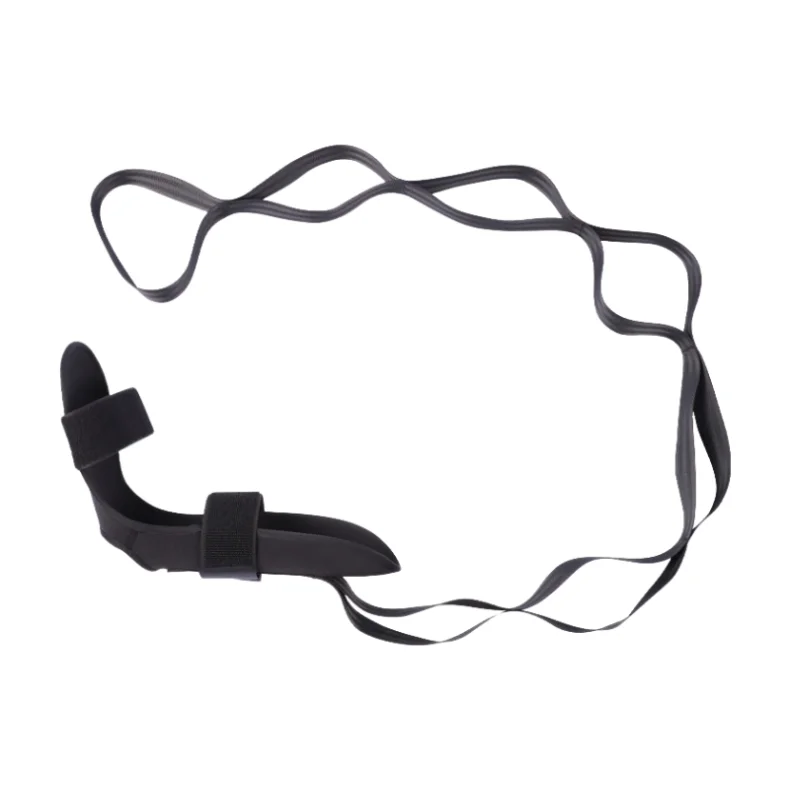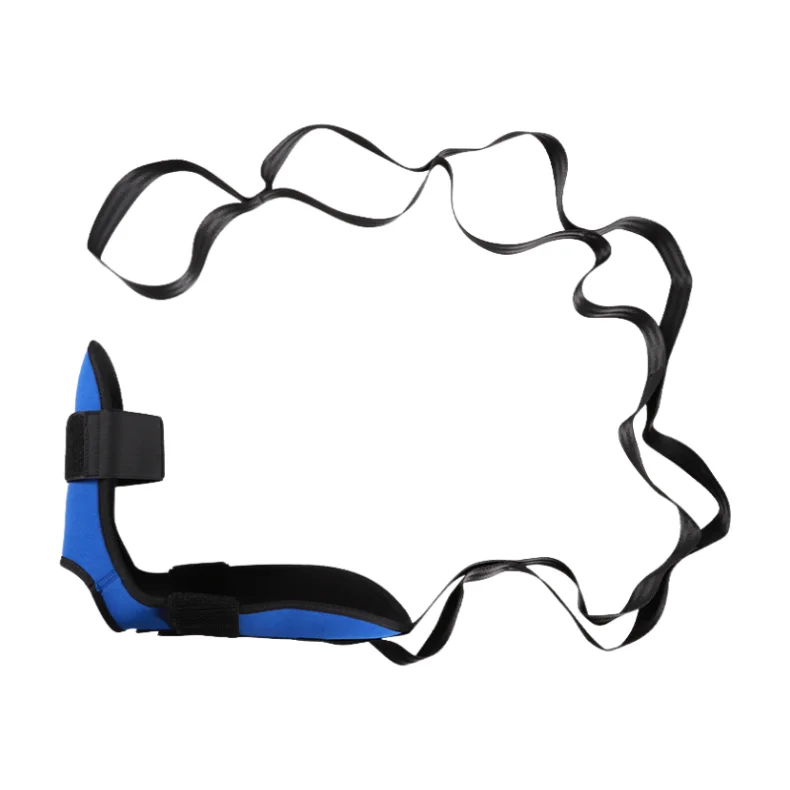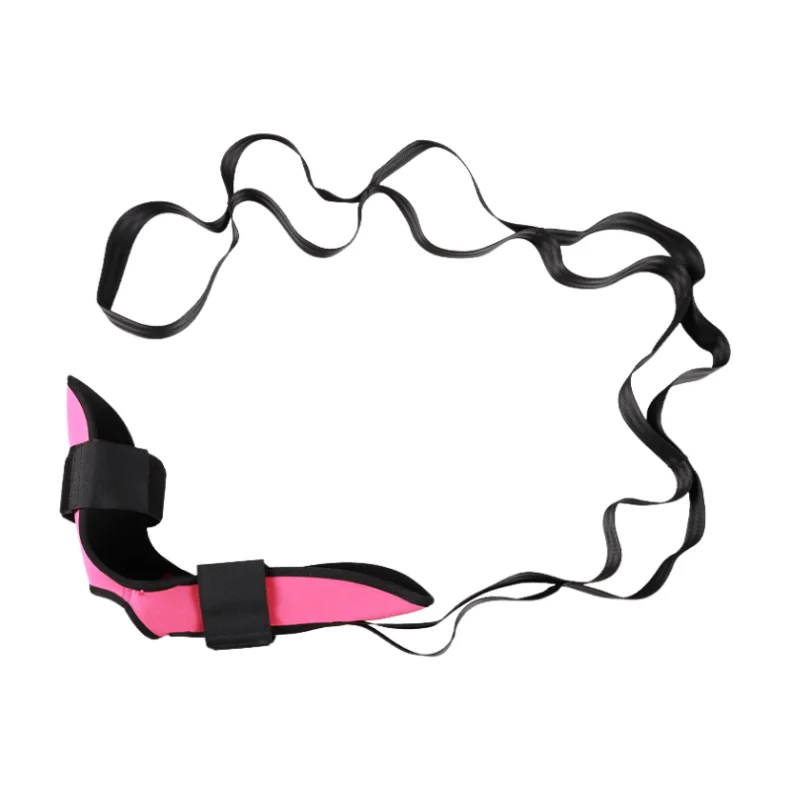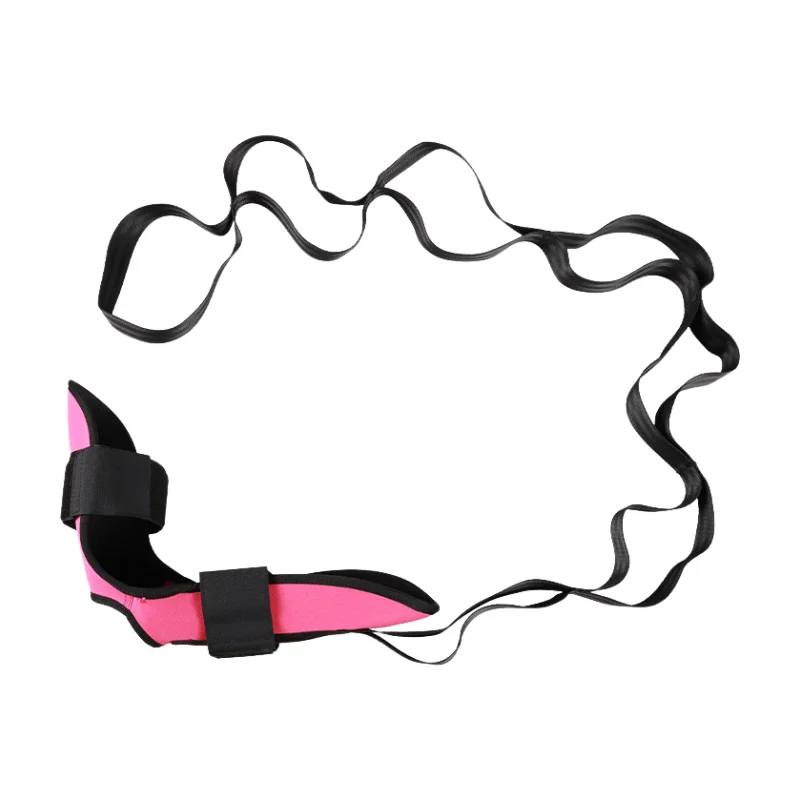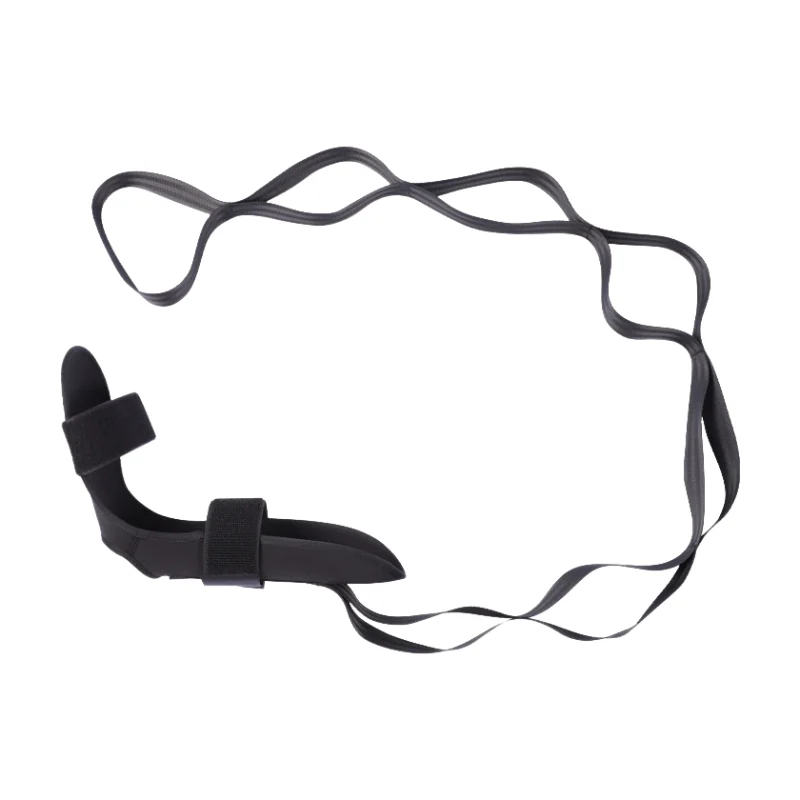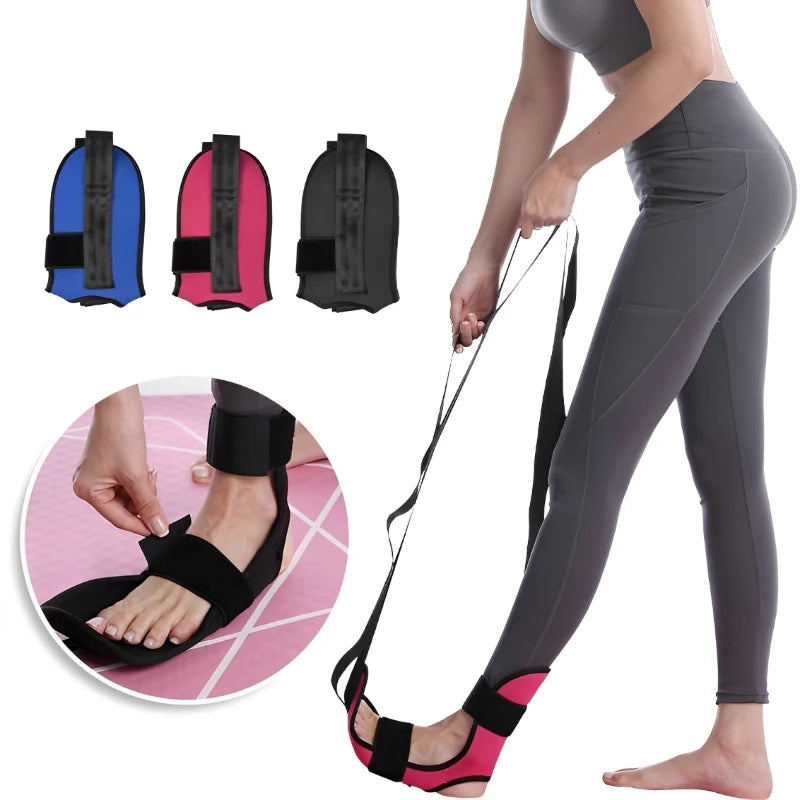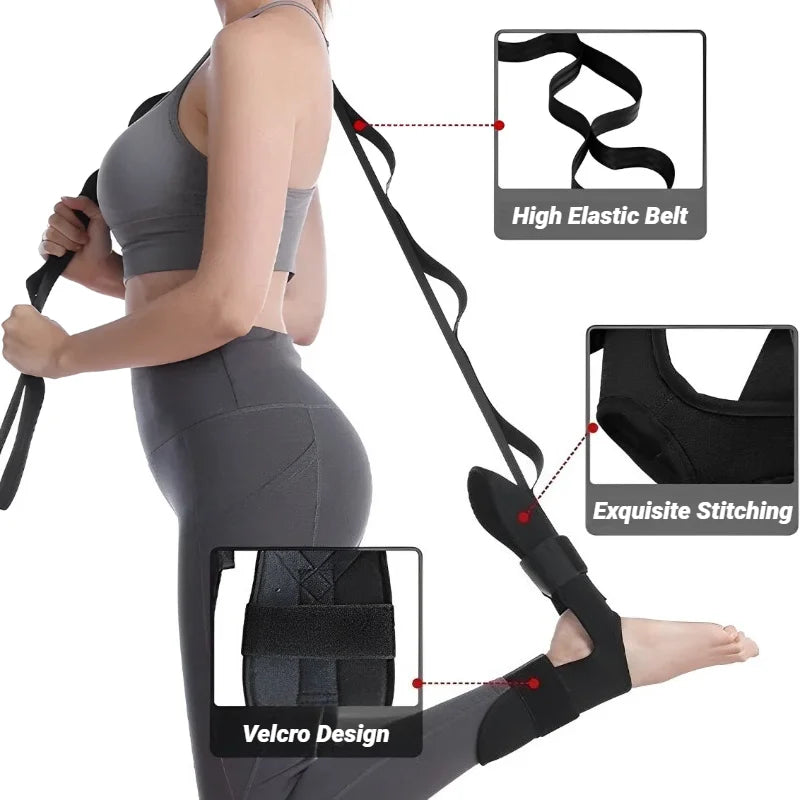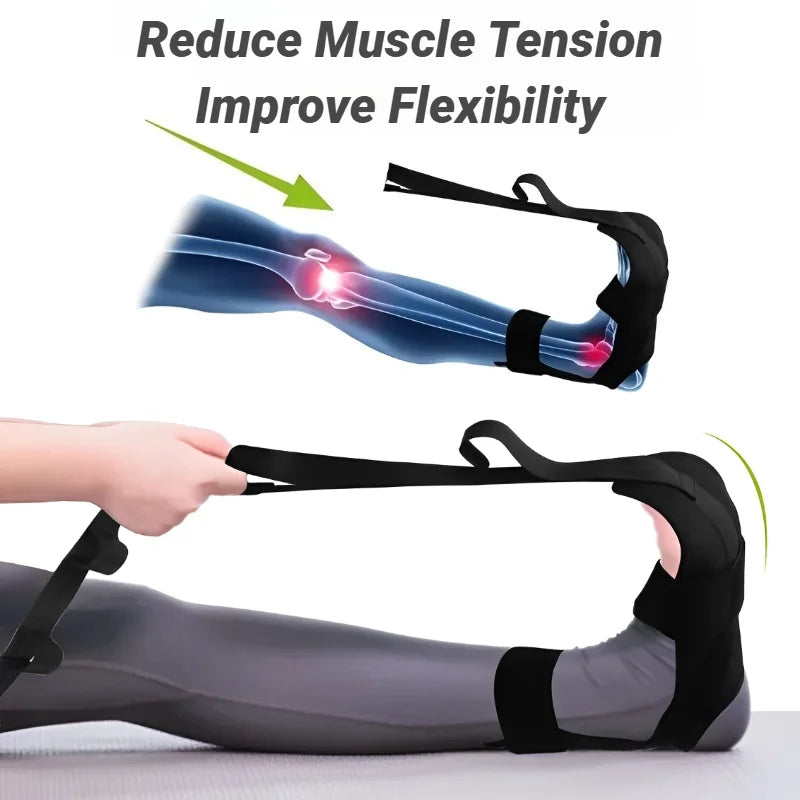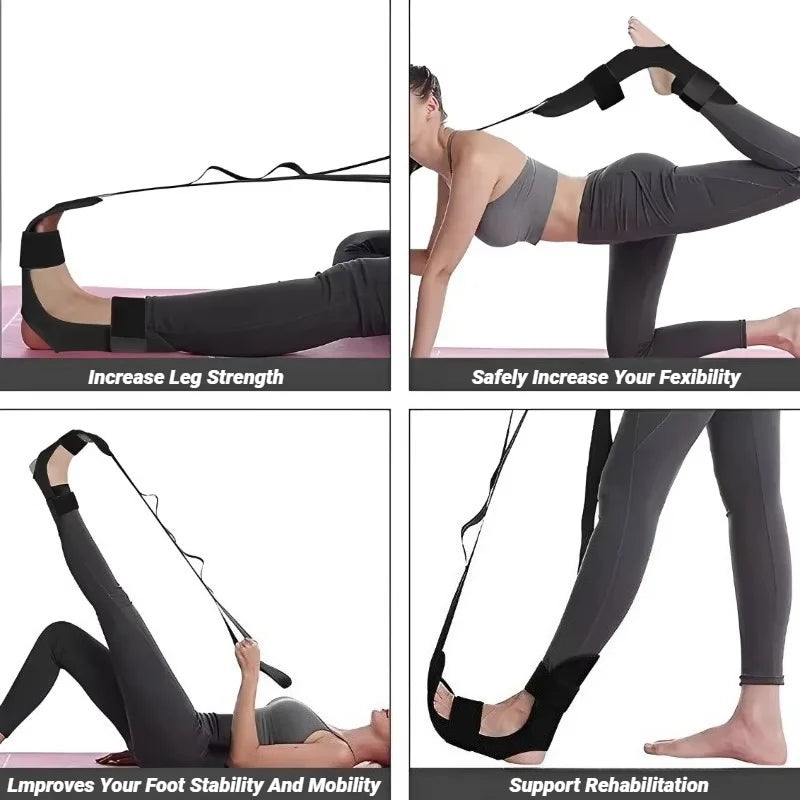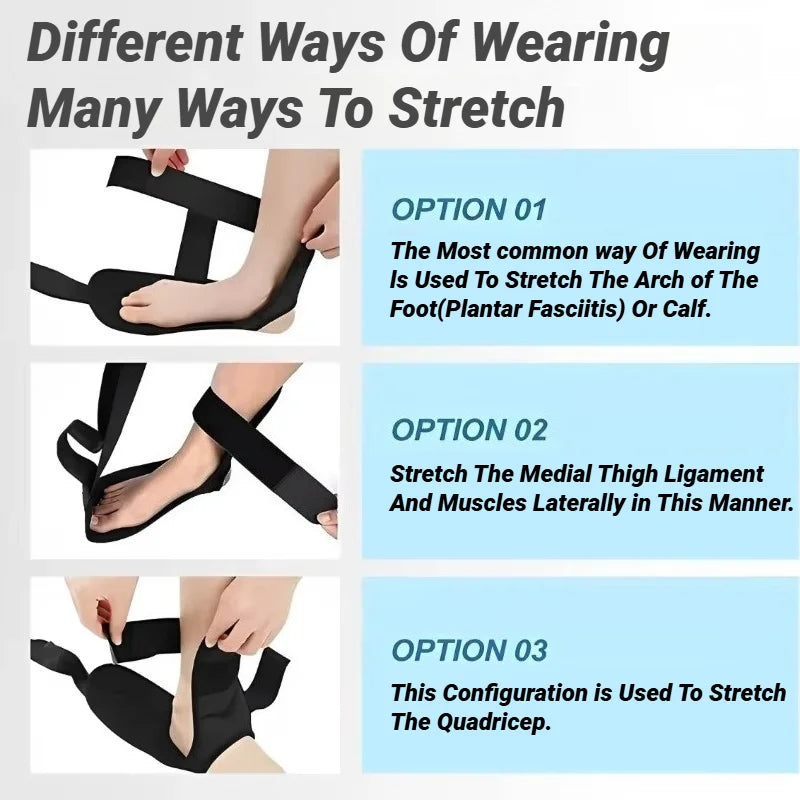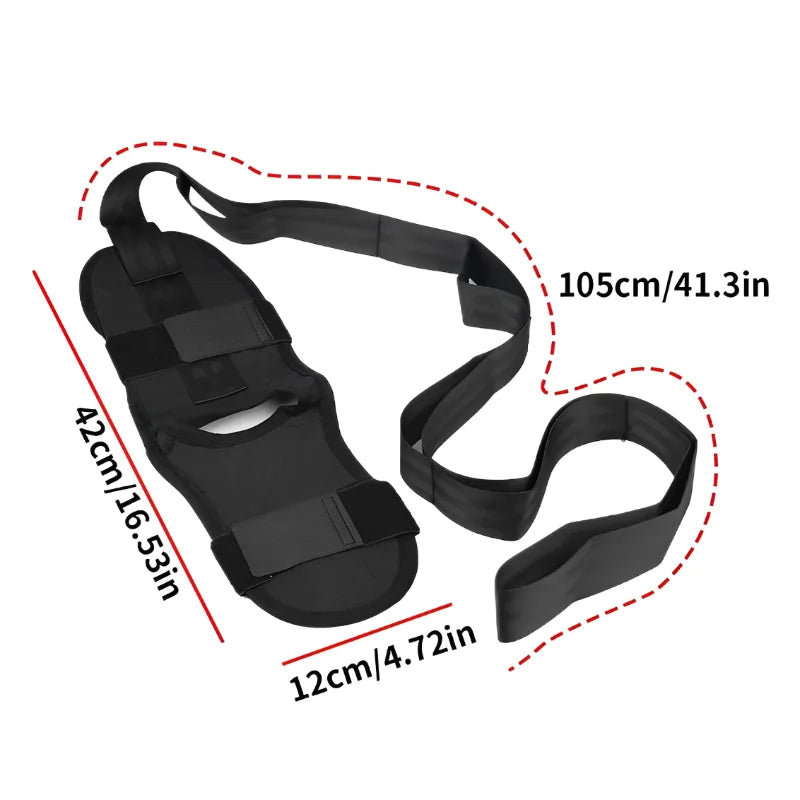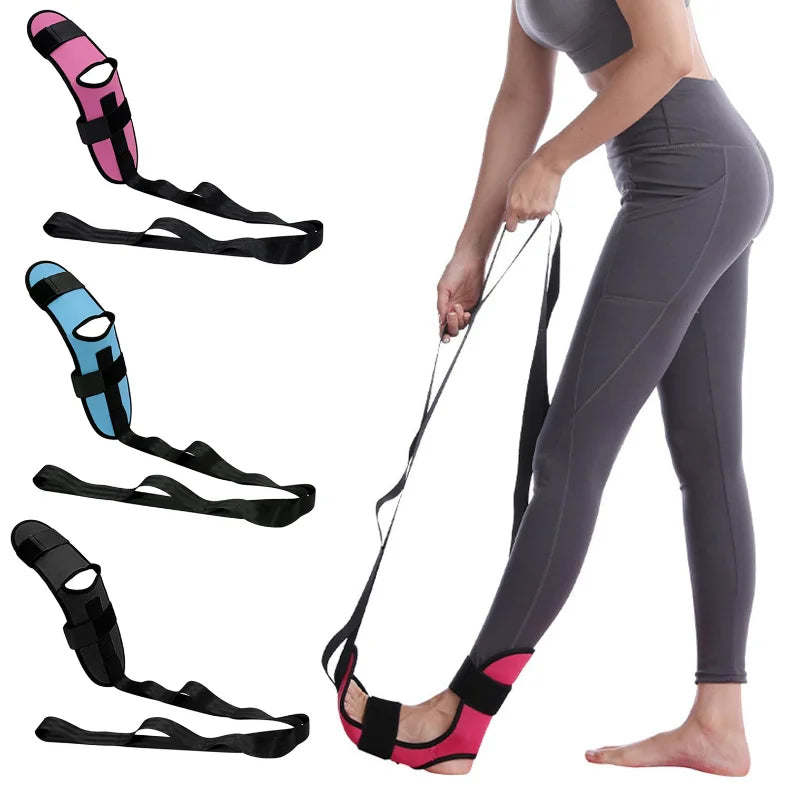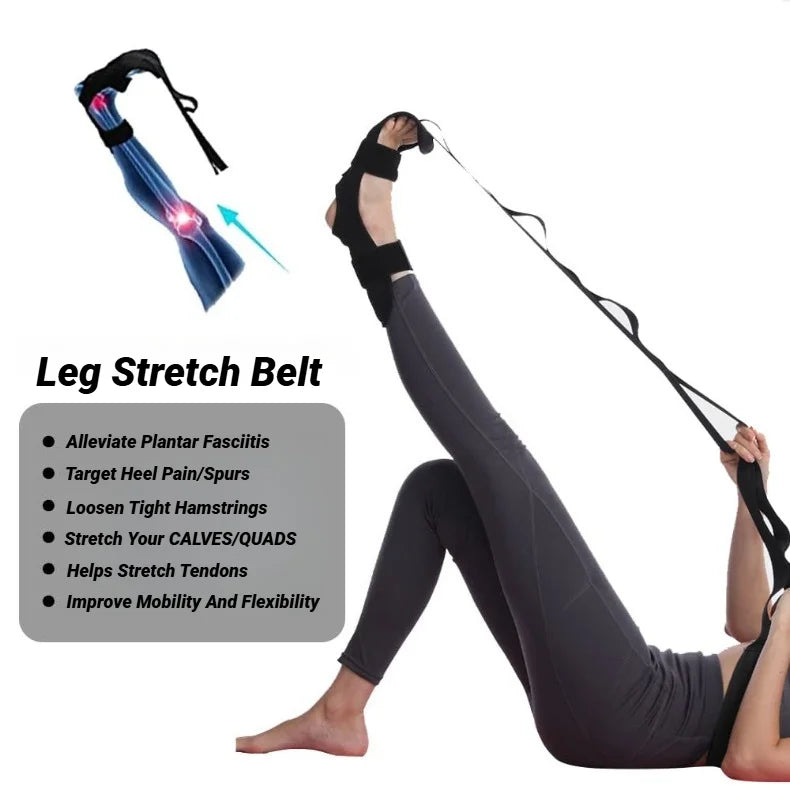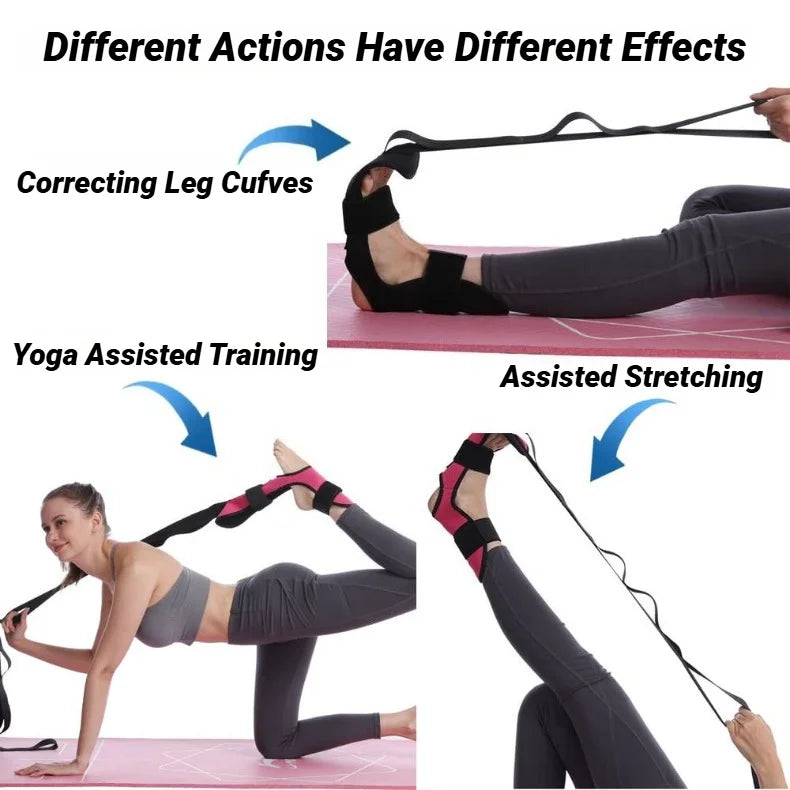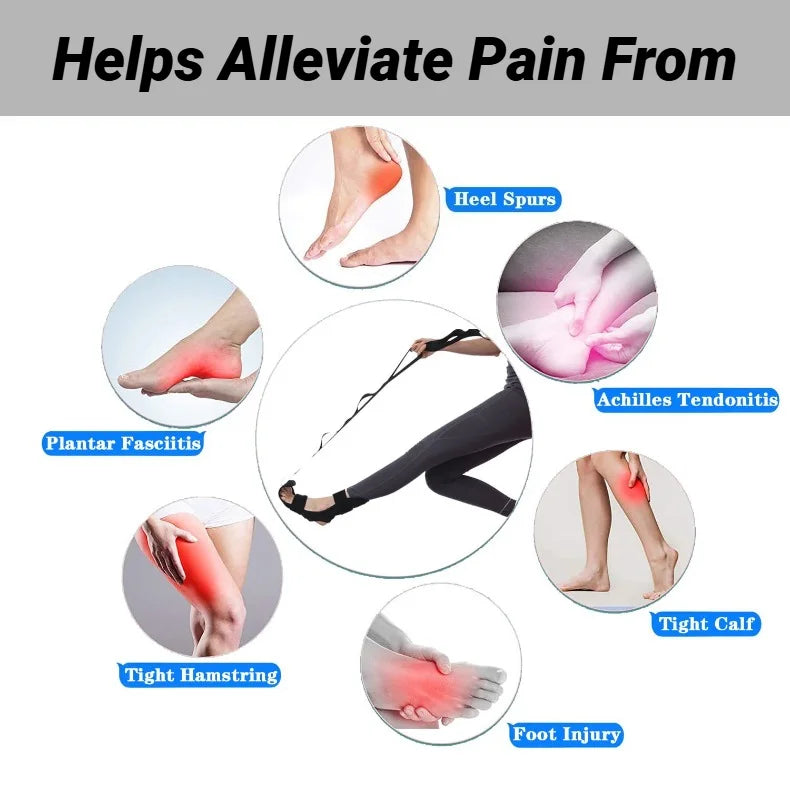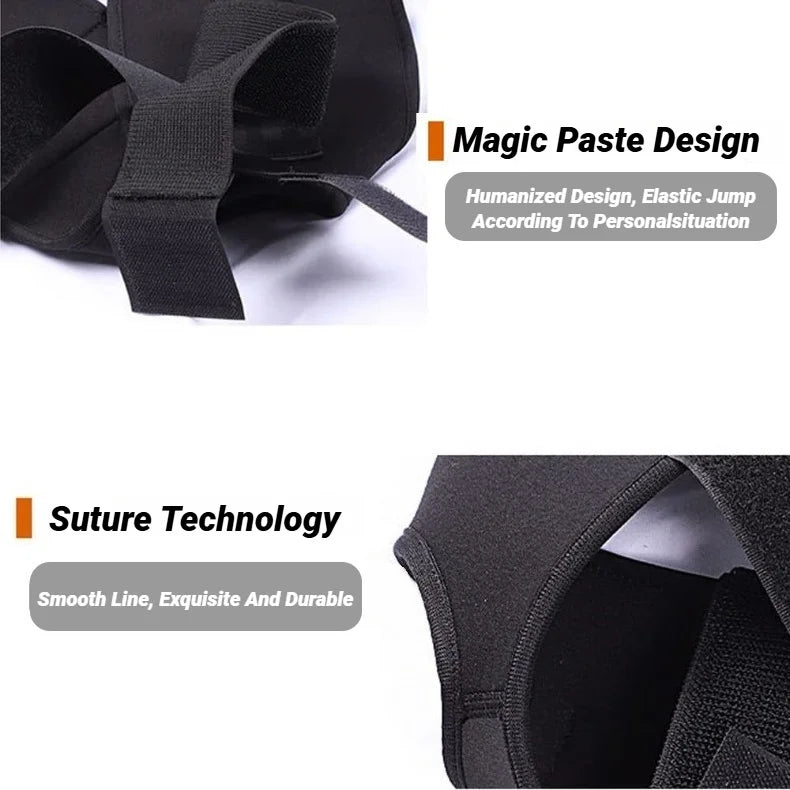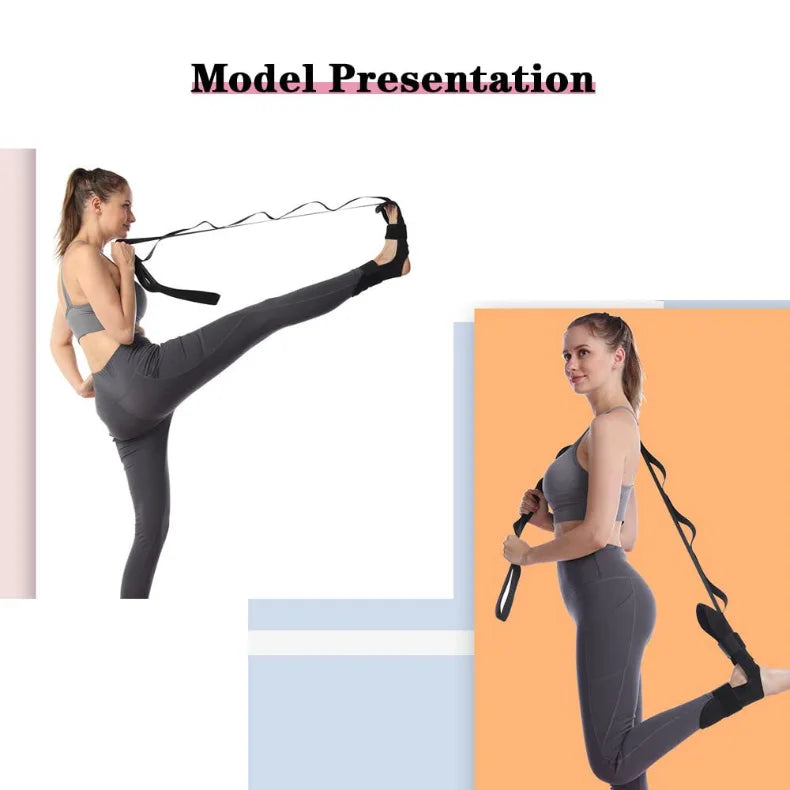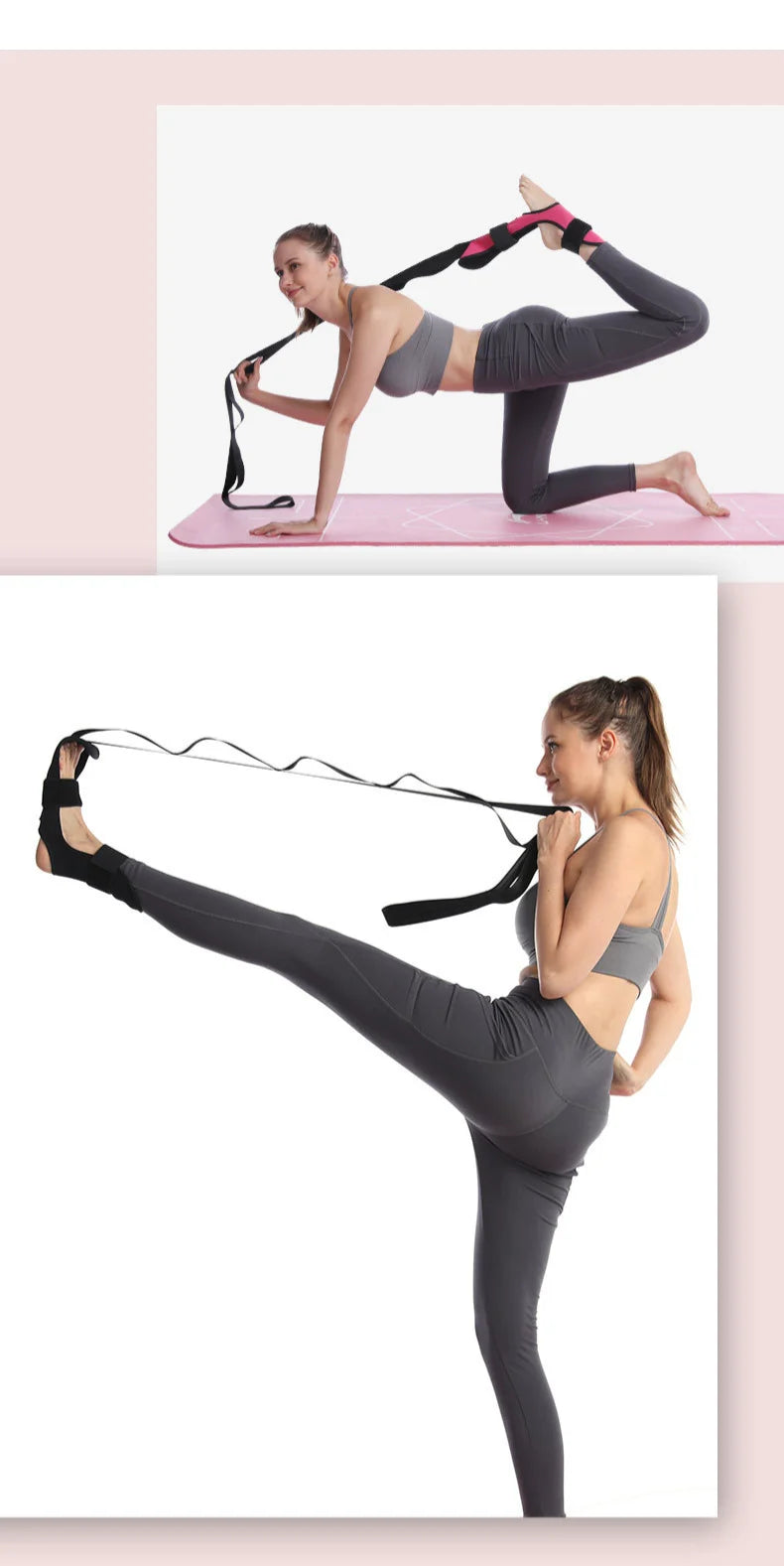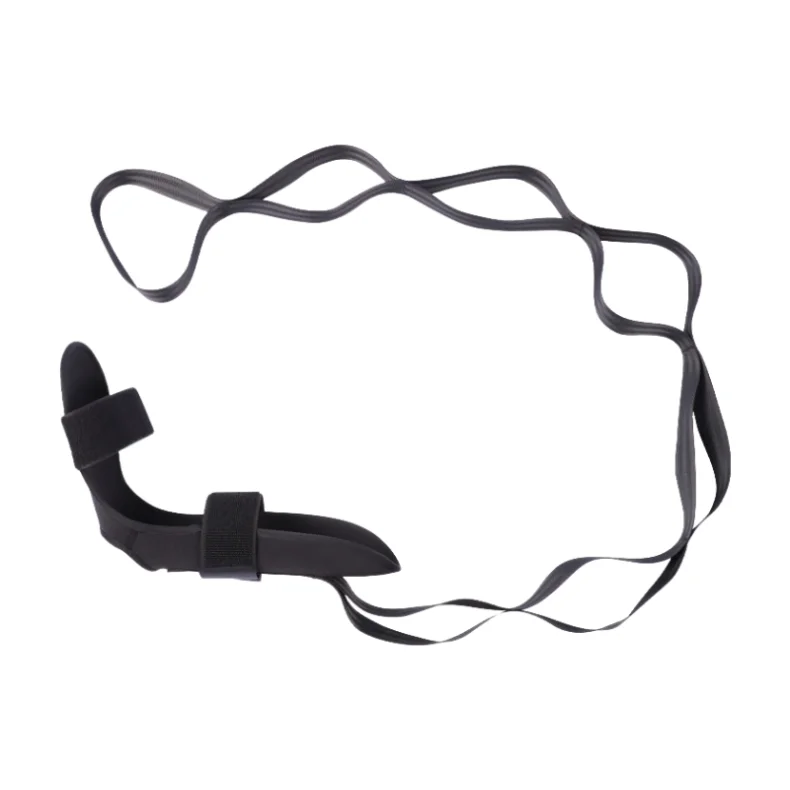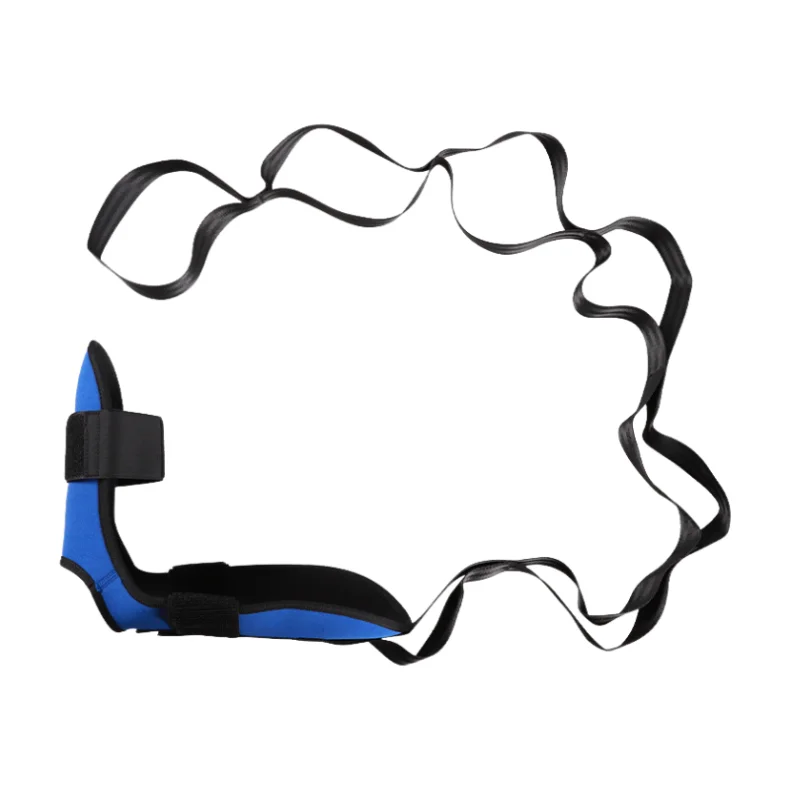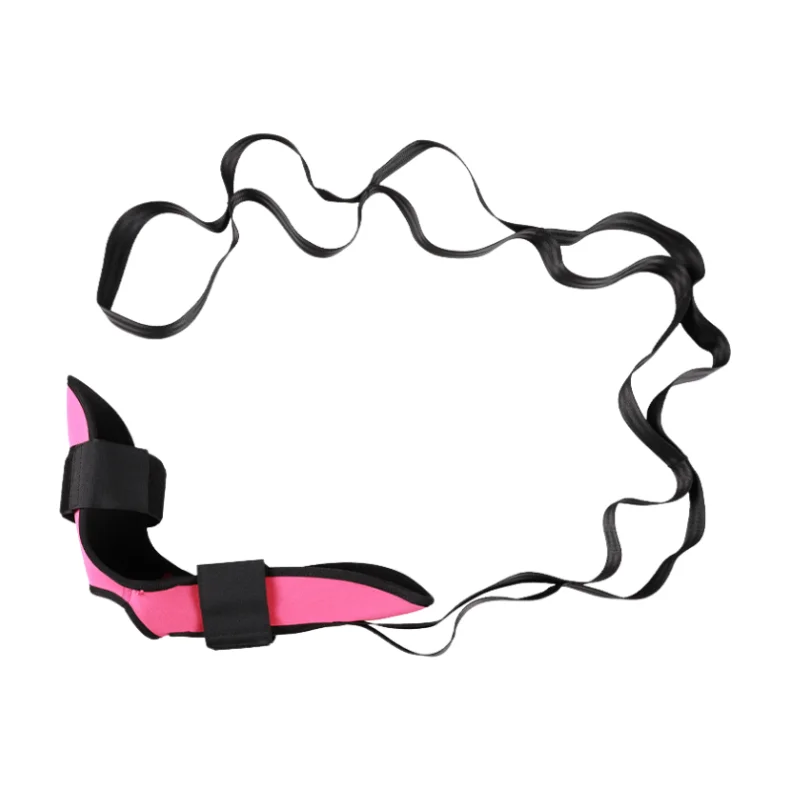My Store
Fitness Open Back Muscle Relaxation Yoga Stretching Band Leg Stretcher Flexibility Strap For Rehabilitation Plantar Fasciitis
Fitness Open Back Muscle Relaxation Yoga Stretching Band Leg Stretcher Flexibility Strap For Rehabilitation Plantar Fasciitis
Couldn't load pickup availability
Origin: Ancient India
Focus: Mind-body connection, flexibility, balance, breath, and inner awareness.
Key Elements:
-
Asanas (poses): Physical postures to stretch, strengthen, and balance the body.
-
Pranayama: Breath control techniques to calm the mind and increase vitality.
-
Meditation: Builds focus and inner peace.
-
Spiritual aspect (in many styles): Encourages mindfulness and personal growth.
Benefits:
-
Increased flexibility and balance
-
Stress reduction
-
Improved breathing and posture
-
Mental clarity and emotional calm
Types:
-
Hatha: Gentle, slower-paced
-
Vinyasa: Flowing, dynamic movement
-
Yin: Long, deep stretches
-
Ashtanga, Bikram, Kundalini: More intense or spiritually focused styles
Pilates
Origin: Early 20th century, developed by Joseph Pilates
Focus: Core strength, posture, body alignment, and controlled movement.
Key Elements:
-
Mat exercises or Reformer machine workouts
-
Core-centered movements
-
Precision, control, and flow
-
Often used in rehab and injury prevention
Benefits:
-
Improved core strength and stability
-
Better posture and body alignment
-
Enhanced muscle tone (especially abs, back, glutes)
-
Lower risk of injury and reduced back pain
Styles:
-
Classical Pilates: Follows original sequence
-
Contemporary Pilates: Modern adaptations with new research
-
Clinical Pilates: Used in physical therapy settings
Main Differences
| Yoga | Pilates |
|---|---|
| Emphasizes breath and mind | Emphasizes core strength |
| Often includes meditation | Focuses on precision and control |
| Greater variety in spiritual approach | More clinical and fitness-focused |
| Can be more static or meditative | Usually more dynamic and repetitive |
